Table of Contents
Quality Service Guarantee Or Painting Free

Get a rental agreement with doorstep delivery

Find the BEST deals and get unbelievable DISCOUNTS directly from builders!

5-Star rated painters, premium paints and services at the BEST PRICES!
Loved what you read? Share it with others!
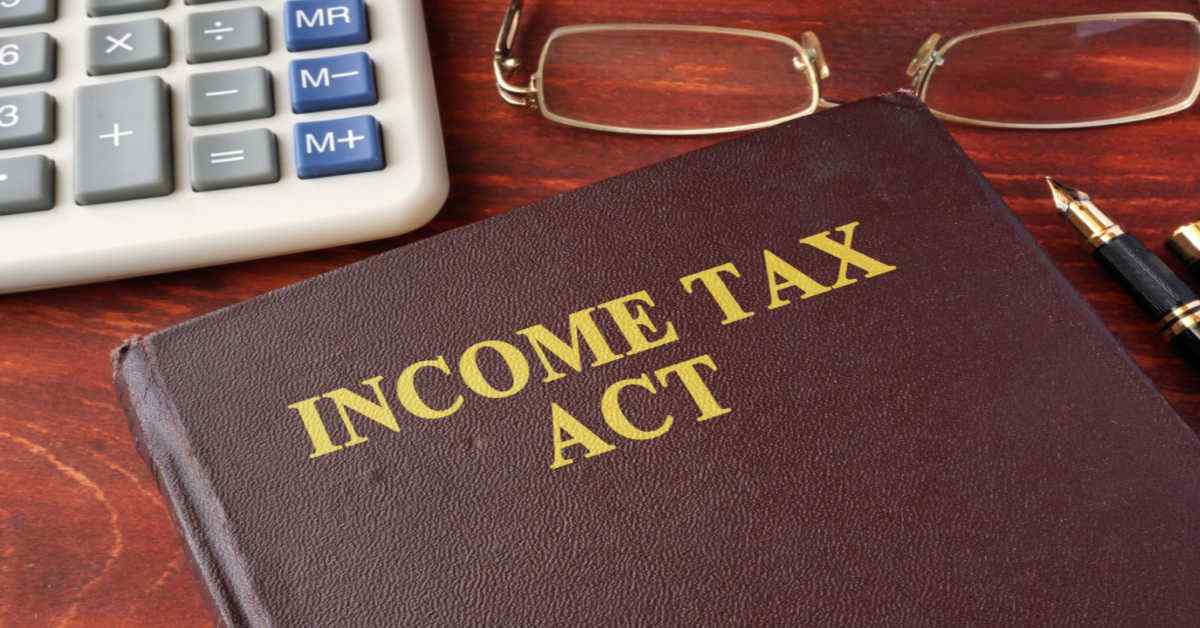

Submit the Form to Unlock the Best Deals Today
Check Your Eligibility Instantly

Experience The NoBrokerHood Difference!
Set up a demo for the entire community
Section 27 of the Income Tax Act, 1961: Understanding Deemed Ownership
Table of Contents
Section 27 of the Income Tax Act 1961 is a rule that helps the government collect taxes fairly. It says that sometimes, a person might have to pay tax on a property even if they don't officially own it. This rule exists because some people try to avoid taxes by pretending to give their property to family members or friends, while still enjoying the benefits of owning it.
The government created this rule to make sure everyone pays their fair share of taxes. In this article, we'll explain Section 27 in detail, breaking it down into its different parts. We'll also talk about how it affects people's taxes. By the time you finish reading, you should have a clear understanding of how this rule works and why it's important.
What is Section 27 of the Income Tax Act?
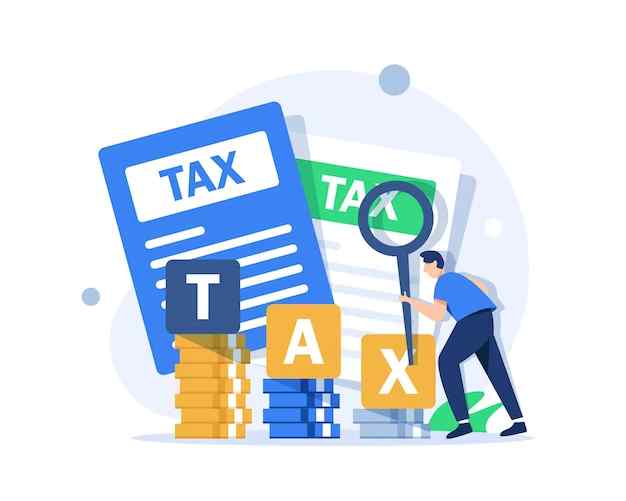
Section 27 of the Income Tax Act delineates the provisions for deductions related to rental expenses, property repairs, and rent collections. It establishes the guidelines and limitations for individuals and businesses seeking to claim deductions in these areas.
Quality Service Guarantee Or Painting Free

Get a rental agreement with doorstep delivery

Find the BEST deals and get unbelievable DISCOUNTS directly from builders!

5-Star rated painters, premium paints and services at the BEST PRICES!
Comprehending the intricacies of this section is vital for effectively managing tax liabilities and optimising financial planning strategies. By adhering to the stipulations outlined in Section 27, taxpayers can legitimately reduce their tax burdens by deducting eligible expenses associated with rented properties, maintenance costs, and rent collection.
These deductions serve as valuable tools in determining taxable income and ensuring compliance with the law. Familiarising oneself with the nuances of Section 27 enables individuals and businesses to make informed decisions regarding their financial affairs and leverage available tax benefits.
Purpose of Section 27 of the Income Tax Act 1961
Section 27 of the Income Tax Act 1961 plays a crucial role in determining the ownership of a house property for taxation purposes. This provision addresses various scenarios where the apparent ownership might differ from the deemed ownership. By establishing clear guideline it ensures that income from house property is taxed appropriately, preventing potential tax evasion and bringing clarity to complex ownership situations:
Key purposes of Section 27:
- Defines "deemed ownership" for taxation
- Clarifies who is considered the owner of a property for tax purposes
- Ensures proper attribution of rental income
- Addresses transfer to spouse or minor child
- Treats the transferor as the deemed owner if property is transferred for inadequate consideration
- Prevents tax avoidance through such transfers
Definition of "Owner."

The term "owner" will include anybody who has the authority to exercise the owner's rights to charge revenue under this heading. However, for this head, a person who exercises owner rights on behalf of another person will not be regarded as an owner. In this regard, the following points should be noted–
- Even though the registered document has yet to be executed in his favour, a buyer of real estate who is qualified to exercise owner rights shall be regarded as an owner for this head.
- Even though he is not the owner of the land on which the building is standing, the owner of the building shall be treated as the owner for this category concerning structures built on leasehold land. Even if the building is given to the lessor when the lease is over, the situation will remain the same.
Who is Deemed Owner of the House Property?
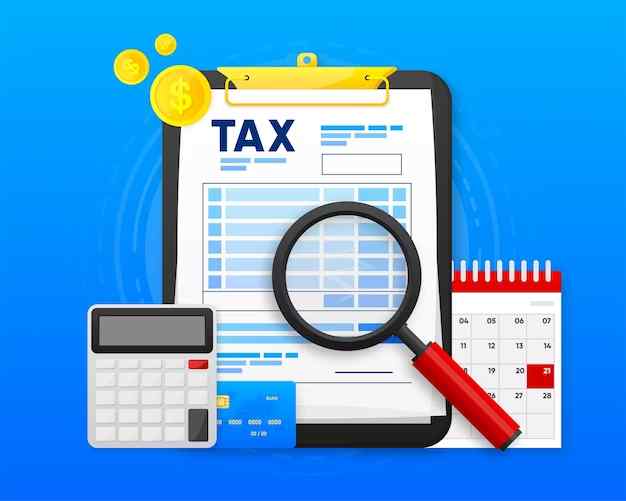
Despite not being the actual proprietors of the land, the following individuals are, according to Section 27, treated as owners for Sections 22 to 26:
Transfer to a Spouse/Child Section 27(i) of income tax act
Section 27(i) of income tax act deems individuals as property owners for tax purposes in specific transfer scenarios. This applies when a person transfers house property without adequate consideration to their spouse (unless separating) or minor child (except a married daughter). The transferor is considered the owner for taxation. This rule doesn't apply to adult children or in-laws, allowing strategic property transfers to avoid "deemed to be let out" provisions. While direct money transfers for property purchases aren't covered, clubbing rules may still affect income from such properties.
Holder of an Impartible Estate Section 27(ii) of Income Tax Act
Section 27 of the Income Tax Act, 1961 also addresses impartible estates. It stipulates that the holder of an impartible estate is deemed to be the individual owner of all properties within that estate for tax purposes. This provision ensures that the entire estate, despite its impartible nature, is treated as being owned by a single individual for taxation. It prevents the fragmentation of tax liability across multiple beneficiaries or heirs. This rule simplifies the tax assessment process for such estates and ensures that the primary estate holder bears the full tax responsibility for all comprised properties.
Member of a Co-operative Society, Etc. Section 27(iii) of Income Tax Act
This section deals with individuals who are members of cooperative societies or similar organisations. It focuses on how their income is treated for tax purposes.
Section 27 of the Income Tax Act, of 1961 extends the definition of deemed ownership to members of cooperative societies, companies, or other associations. When a building or part thereof is allotted or leased to a member under a house-building scheme of such an entity, that member is deemed to be the owner of the allotted property for tax purposes. This provision, substituted by Act 11 of 1987 and effective from April 1, 1988, ensures that the tax liability falls on the beneficiary of the property, even if legal ownership remains with the cooperative society, company, or association.
Person in Possession of Property [Sec. 27(iiia)]
Section 27 of the Income Tax Act, 1961 also addresses situations involving part performance of contracts. When a person is allowed to take or retain possession of a building or part thereof under a contract as described in Section 53-A of the Transfer of Property Act, 1882, they are deemed to be the owner of that property for tax purposes. This provision ensures that individuals who have effectively gained control and benefits of a property through partial contract fulfillment are treated as owners for taxation, even if the legal title transfer is incomplete.
A Person Having Right in a Property for a Period not Less than 12 Years [Sec. 27(iiib)]
Section 27(iiib) of the Income Tax Act deems certain individuals as property owners for tax purposes. Specifically, it applies to those who acquire rights in a building or part thereof through transactions defined in Section 269-UA(f). These rights must extend beyond short-term leases (month-to-month or up to one year). Under this provision, individuals holding such rights are considered owners of the property, regardless of legal title. This ensures that long-term right holders are subject to appropriate taxation on income derived from the property, aligning with the Act's goal of comprehensive and fair taxation.
Deemed Owner Example
For example, if Mr. X gifts Rs. 5,00,000 to his wife, who then buys a house with that money, Mr. X isn't treated as the deemed owner for income tax purposes. The income from this property would be taxable in his wife's hands. This distinction in deemed ownership rules helps prevent tax avoidance while allowing for some flexibility in family financial planning.
Implications of being Deemed an Owner under Section 27
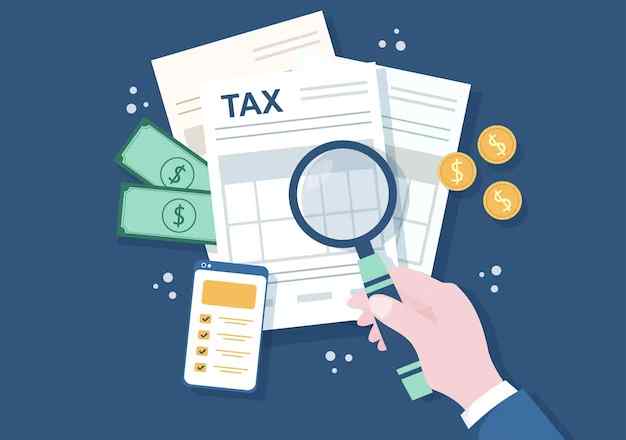
Being deemed an owner under Section 27 of the Income Tax Act can have significant implications for individuals in terms of their tax obligations and the treatment of income derived from the property. Let's explore the implications in detail.
1. Tax Liability- When someone is deemed an owner under Section 27, they are responsible for reporting and paying taxes on the income generated from the property. This includes various sources of income, such as rental income, profits from the sale of property, or any other earnings related to the property.
2. Inclusion in Total Income- The income derived from the property is added to the individual's total income and is subject to tax at the applicable rates. This means that the income is combined with other sources of income, such as salary or business income, to determine the overall tax liability.
3. Applicable Heads of Income- Depending on the nature of the income, it may be classified under different heads for tax purposes. For example, rental income from a property is typically categorised as "Income from House Property," while profits from the sale of property fall under the head of "Capital Gains." Understanding the appropriate heads of income is crucial for accurate reporting and computation of taxes.
4. Allowable Deductions- As an owner, certain deductions may be available to offset the taxable income derived from the property. For instance, deductions can be claimed for expenses related to property maintenance, repairs, or mortgage interest payments. It is essential to identify and claim eligible deductions to reduce the overall tax liability.
5. Capital Gains Tax- If the property is sold, any gains arising from the sale may attract capital gains tax. The tax liability depends on factors such as the holding period of the property, the type of asset, and applicable exemptions or concessions. Being deemed an owner means that capital gains from the property will be subject to taxation as per the relevant provisions.
6. Compliance and Documentation- Individuals deemed owners need to maintain proper records and documentation of transactions related to the property. This includes records of rental income received, expenses incurred, and relevant sale/purchase documents. Adequate documentation ensures compliance with tax regulations and facilitates accurate reporting of income.
7. Reporting and Filing Requirements- Being deemed an owner entails fulfilling specific reporting and filing obligations. This includes filing the appropriate income tax returns, disclosing property-related details, and providing supporting documentation as required by tax authorities. Failure to comply with these requirements can lead to penalties or legal consequences.
It is crucial for individuals deemed owners under Section 27 to understand these implications and ensure compliance with the tax regulations. Seeking professional advice from tax experts or consulting tax authorities can provide clarity on specific circumstances and help navigate the complexities associated with property ownership and taxation.
Importantly, Section 27 of the Income Tax Act of 1961 prohibits people from transferring ownership of their assets to family members or other parties to avoid paying taxes on those properties. This clause specifies the circumstances under which a person may be regarded as the owner of a property, even if they do not have legal ownership or title to it.
To prevent fines and legal repercussions, it is crucial for taxpayers to be aware of the effects of presumed ownership and to abide by the Income Tax Act's rules.
NoBroker provides several income tax services, such as tax filing, tax planning, and tax-saving investments. Our team of professionals can assist you through Section 27's intricacies and maximise your deductions while maintaining compliance with tax legislation. You may relax knowing that NoBroker will take care of your tax requirements, freeing you up to concentrate on your personal or professional goals.

Frequently Asked Questions
A1: Section 27A of the Income Tax Act specifies the conditions under which a co-owner of a property can claim deductions for income generated from that property.
A2. Per Section 27, various costs can be deducted, including those for paying employees and wages, leasing space for a business, paying interest on a loan, and maintaining and repairing the company's assets.
A3. Yes, several limitations exist on the maximum deduction allowed under Section 27. For instance, deductions for interest on borrowed money have an annual limitation of Rs. 2 lakhs. In contrast, deductions for rent paid for company space are capped at 30% of the total revenue generated by the enterprise.
A4. No, personal usage charges are not eligible for deductions under Section 27. Only costs directly connected to the creation of income are eligible for deductions.
A5. A deemed owner of house property in income tax is someone recognised by tax regulations as the property's owner for taxation, even if they don't legally own it, due to conditions like transfers to family without adequate consideration.
Loved what you read? Share it with others!
Most Viewed Articles

What is TDS on Sale of Property? Rates, Procedures, and Filing Requirements
February 3, 2025
16907+ views

10 Best Property Selling Apps in India: Fast, Easy, and Efficient Property Selling Apps in 2025
January 30, 2025
15772+ views

Capital Gains Tax on Sale of Agricultural Land: Rules, Exemptions, and Savings in 2025
January 31, 2025
15255+ views
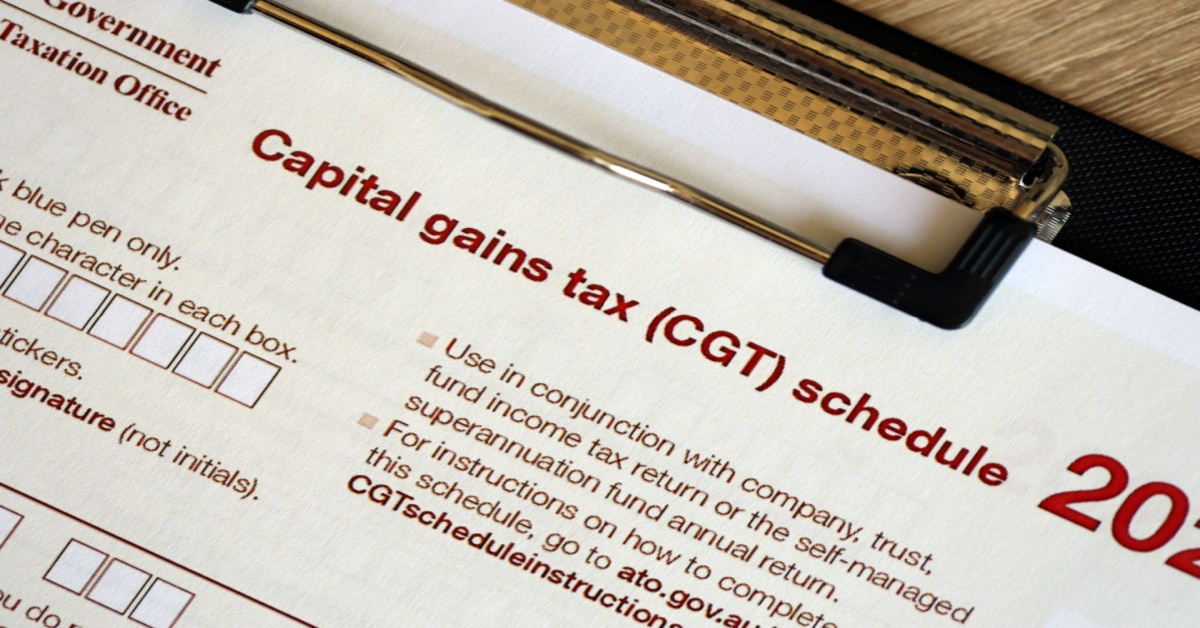
Capital Gain Account Scheme (CGAS): Features, Benefits, and How to Open an Account in 2025
January 30, 2025
10443+ views

Section 27 of the Income Tax Act, 1961: Understanding Deemed Ownership
January 31, 2025
9401+ views
Recent blogs in
Capital Gain Tax on Sale of Property: Tax, Key Rules, Rates, Calculation and Exemptions 2025
February 3, 2025 by Kruthi
What is TDS on Sale of Property? Rates, Procedures, and Filing Requirements
February 3, 2025 by Vivek Mishra
Capital Gains Tax on Sale of Agricultural Land: Rules, Exemptions, and Savings in 2025
January 31, 2025 by srivalli susarla
Increase the Value of Your Home: Smart Strategies for 2025
January 31, 2025 by NoBroker.com
Section 54 of Income Tax Act: A Guide to Capital Gains Exemption in 2025
January 31, 2025 by Kruthi





Join the conversation!